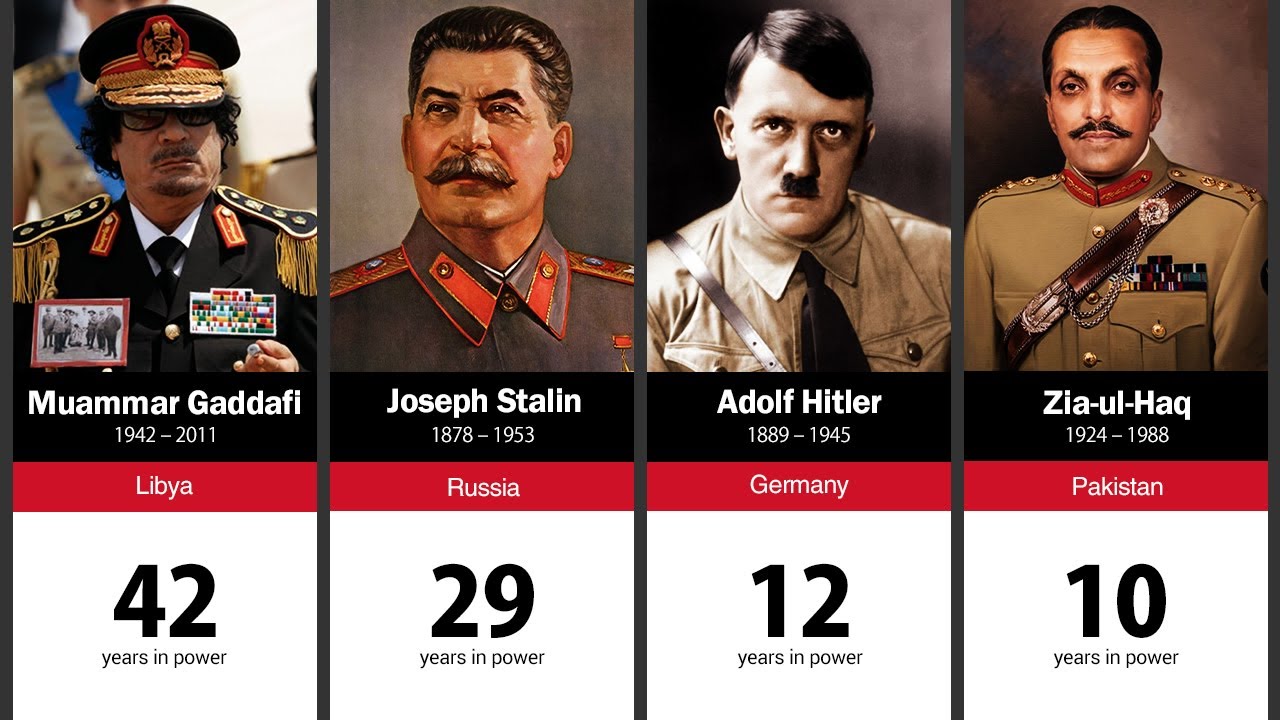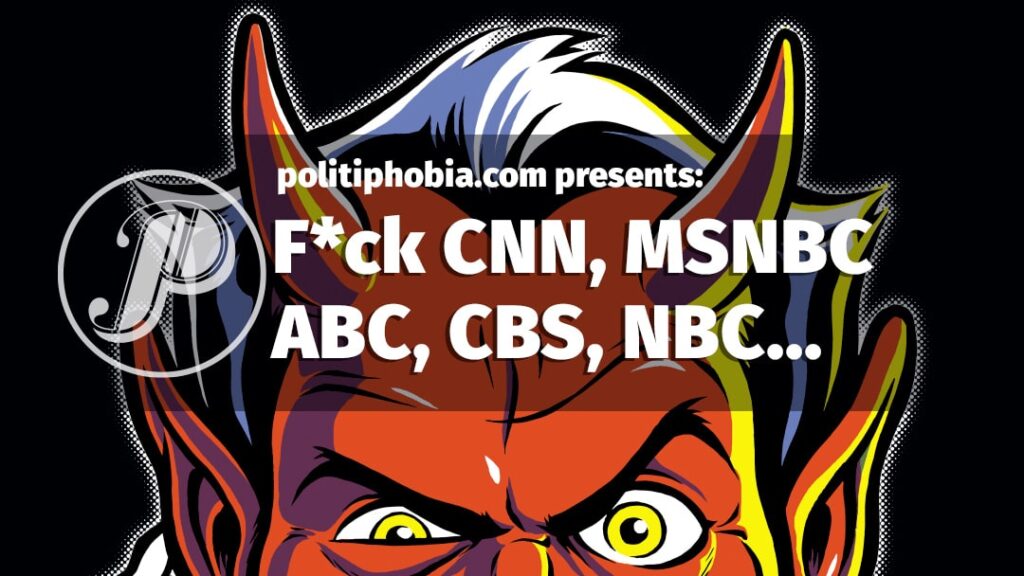Is America slowly giving up on free speech? Censorship has always been around. They say it’s to protect you from graphic, written and verbal violence and vulgarity. Now, they want to protect you from “misinformation” and “hate” speech. Let’s take a glance back to the steps Nazi Germany took when Adolf came into power, shall we?
The Suppression of Free Speech in Nazi Germany
One of the most chilling examples of the suppression and censorship of free speech in history is the regime of Nazi Germany under Adolf Hitler’s leadership. When the National Socialist German Workers’ Party (Nazi Party) came to power in the early 1930s, they initiated a systematic campaign to control and censor all forms of communication, effectively eliminating any opposition or dissenting voices.
The Reich Ministry of Public Enlightenment and Propaganda
At the center of this suppression of free speech was the Reich Ministry of Public Enlightenment and Propaganda, led by Joseph Goebbels. This ministry had the power to control all media, including newspapers, radio, films, and literature. Goebbels and his team were masters of propaganda, using every available means to manipulate public opinion and ensure that only Nazi-approved messages were disseminated.
Book Burnings and Censorship
The Nazis were particularly ruthless in their efforts to control written and printed materials. In 1933, they organized mass book burnings, during which thousands of books considered to be contrary to Nazi ideology were publicly incinerated. This was a symbolic act to eradicate ideas and writings that did not align with the Nazi regime’s beliefs.
The Suppression of Dissenting Voices
The regime relentlessly targeted journalists, authors, academics, and anyone who dared to voice dissenting opinions. Many intellectuals and writers were arrested, imprisoned, or forced into exile. The Nazis created an atmosphere of fear and self-censorship, where individuals refrained from expressing opposing views out of concern for their safety.
State-Controlled Media
Under the iron grip of the Nazis, the freedom of expression withered away, suffocated by the tightening noose of state censorship and state-ran media. Every newspaper, every radio broadcast, every film reel became shackled to the insidious agenda of the regime. What once were platforms for truth, for diverse voices, were now mere instruments of propaganda, wielding words like weapons to manipulate minds and crush dissent.
In the darkness of this propaganda machine, the voices of the oppressed were silenced, their truths buried beneath layers of lies and distortion. The Jewish community, in particular, bore the brunt of this orchestrated campaign of vilification. With each headline, each broadcast, they were demonized, dehumanized, reduced to mere caricatures of the hateful narrative spun by those in power.
Independent journalism, once a beacon of hope in the pursuit of truth, was snuffed out like a candle in a storm. Journalists who dared to speak out, to question the official narrative, faced persecution, imprisonment, or worse. Fear became the currency of the realm, and silence the price of survival.
In the absence of truth, society fractured, torn apart by the relentless onslaught of propaganda. Neighbor turned against neighbor, suspicion poisoned relationships, and empathy withered away in the face of propaganda-fueled hatred. The very fabric of humanity was torn asunder, replaced by the cold machinery of a regime determined to control not just bodies, but minds.
Yet, amidst the darkness, flickers of resistance persisted. Underground newspapers clandestinely circulated, radio broadcasts whispered dissent, and acts of defiance dared to challenge the suffocating grip of state control. These small acts of courage were beacons of hope in a world consumed by darkness, reminders that the human spirit, though battered and bruised, could never truly be extinguished.
The legacy of state-controlled media under the Nazis serves as a chilling reminder of the fragility of truth and the dangers of unchecked power. It stands as a warning to future generations, a testament to the horrors that can be unleashed when propaganda eclipses reality and tyranny triumphs over truth.
The Impact on Democracy
The suppression and censorship of free speech in Nazi Germany had dire consequences for democracy and human rights. The elimination of opposition and the silencing of dissent allowed the regime to commit atrocities on an unprecedented scale, including the Holocaust. Without the ability to freely express ideas, challenge authority, and seek the truth, the foundations of democracy crumbled.
The Lesson Learned
If this all looks familiar, then all you need to do is take a look around for censorship in the Modern United States. The example of Nazi Germany serves as a stark reminder of the dangers of suppressing free speech. It illustrates how a regime that controls information and stifles dissent can lead a nation down a dark and destructive path. In the aftermath of World War II, the international community recognized the importance of safeguarding free expression as a fundamental human right, and this lesson continues to inform discussions on free speech and censorship to this day.
In the modern era, the balance between preserving free speech and preventing the spread of harmful ideas remains a challenge, and the lessons from history underscore the importance of finding this balance carefully.



It’s so spooky to see where we are headed. What you wrote really hits it home. This is why they dumbed down our kids – so they would have no historical references to learn from.